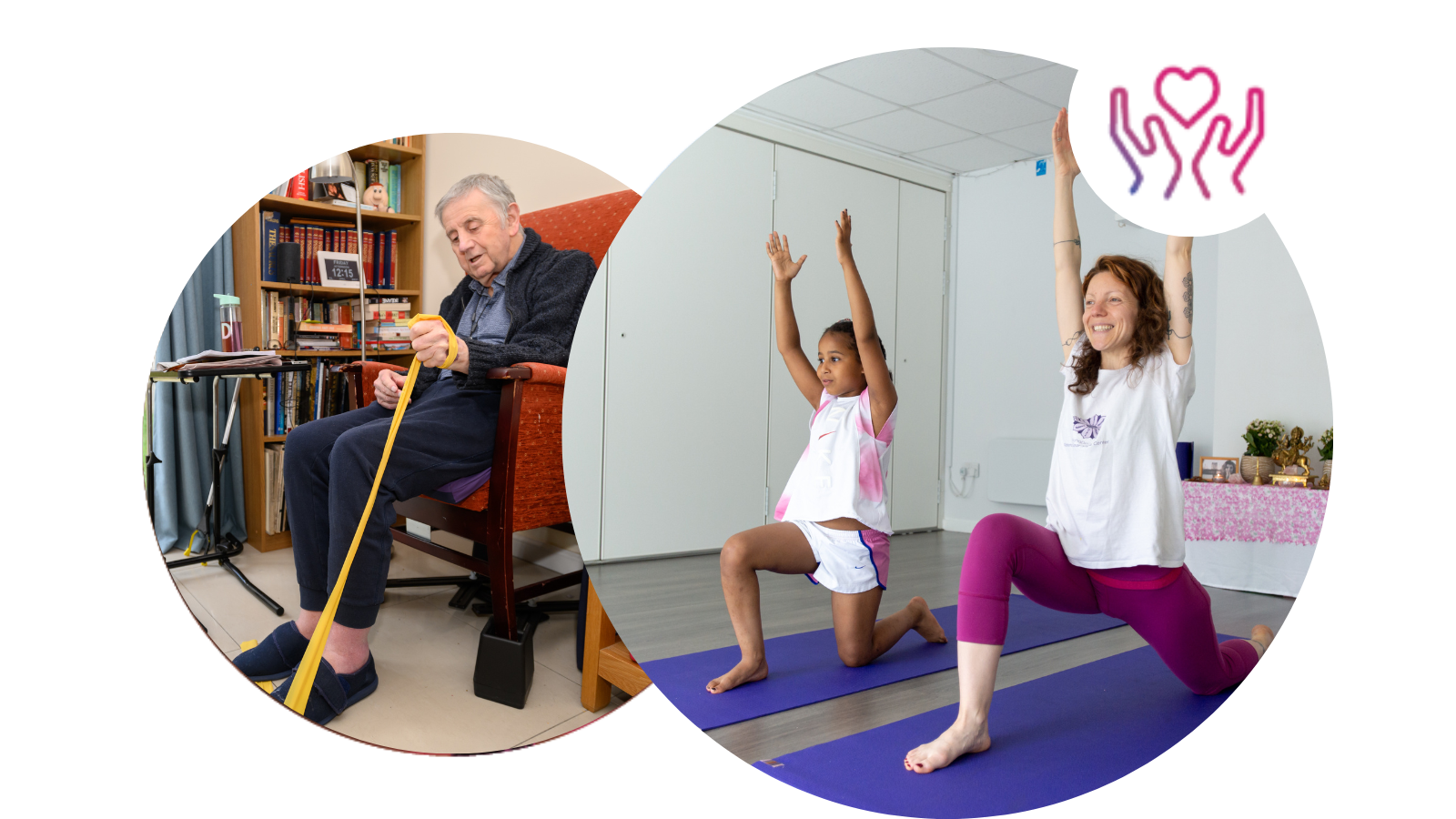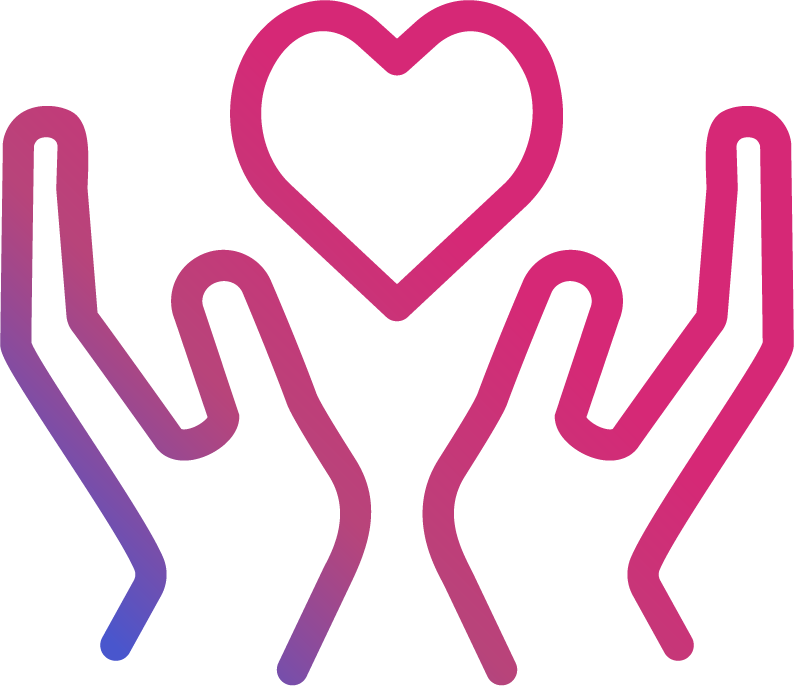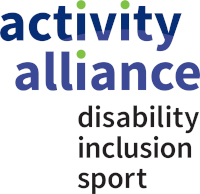Our health is influenced by a wide range of issues, not all of which are as obvious as others. There are a diverse range of social, economic and environmental factors which impact on both physical and mental health, variations in which can lead to both social and health inequalities.
These include;
- Educational Attainment: This is linked to health behaviours throughout a person’s life. The gap in the proportion of young people achieving 5 A*-C GCSEs between the most and least deprived areas is considerable. Evidence from various studies has demonstrated the link between active lifestyles and higher levels of attainment.
- Built and Natural Environment: Air quality, quantity and quality of green spaces and housing quality all impact on a person’s health. Active Black Country are working closely with Local Authority partners and the Local Enterprise Partnership to ensure, wherever possible, the principles of Active Design are embedded into funded projects.
- Income: A person’s income level is closely connected to their health. Average wages in the Black Country are lower than the national average and it would require an additional £4,364 per year per person to close the gap.
- Access to Employment: The benefits that quality employment can bring have a substantial impact on health levels. The employment rate in the Black Country is lower than the national average and a major contributor to the area’s productivity gap. Developing the workforce is a key objective for Active Black Country. Go to our Insight Hub Learnings to find out about a project we undertook with DWP to increase access to the jobs market through volunteering in sport.
- Crime: Both crime and the fear of crime have a negative impact on people’s health. Police records show violent crimes and violent sexual offences have increased in recent years, with a larger increase in the most deprived local authorities.
If you have any questions for us, or would like further information please email enquiries@activeblackcountry.co.uk.

















